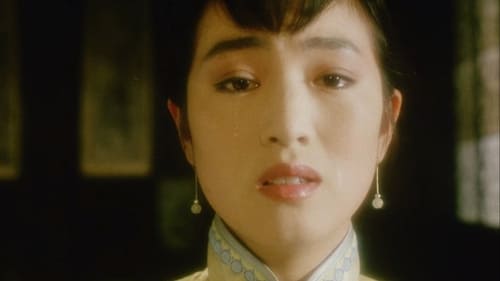
Carol 'Do Do' Cheng portrays the tough, eventful life of "Mama Boss" from childhood in pre-1949 Guilin to disillusionment in 1970s Taipei, where she struggles to run a noodle shop and contend with a host of colourful customers.


Pang Duanwu
Действие в фильме происходит в 1920-х годах в Шанхае и в небольшом городке в пригороде Шанхая. В центре повествования – разочарованный, циничный и жестокий Чжун Лян, избравший средством к существованию шантаж замужних женщин. От своего босса он получает задание – поселиться в доме семейства Пан и соблазнить его богатую хозяйку – Жу-И. В этом доме живет и его сестра, она замужем за братом Жу-И, когда-то давно у Чжун Ляна с сестрой была кровосмесительная связь, после которой он бежал из этого дома и не появлялся там много лет. За эти годы Жу-И, слугой которой он был в детстве, стала настоящей красавицей, правда, сраженной общей для многих китайцев в те времена слабостью– пристрастием к опиуму. Он же, кстати, превратил в инвалида и зятя Чжун Ляна.

Raised in occupied Manchuria during World War II, young Shuzi is left behind when her father's regiment suddenly retreats. When she is captured on the Great Wall, she is protected by a Chinese officer whom she marries and accompanies to his village in Yunnan. Shortly after they arrive, he dies and leaves her with his compassionate mother and younger brother, who claims to be her husband now.

The film uses Chinese actors to play the Japanese protagonist, uses Chinese perspectives to criticize Yamato’s militarism, and is filmed by a Taiwanese director born after the war. The story of the Japanese imperial army during World War II is a prominent feature in the history of Chinese cinema. Try. Although the creative ambition of the director Zhou Teng affected the overall performance of the film because of his wishful thinking on the theme and handling, his efforts in exploring new themes and the rigorous production attitude are still worthy of recognition.



